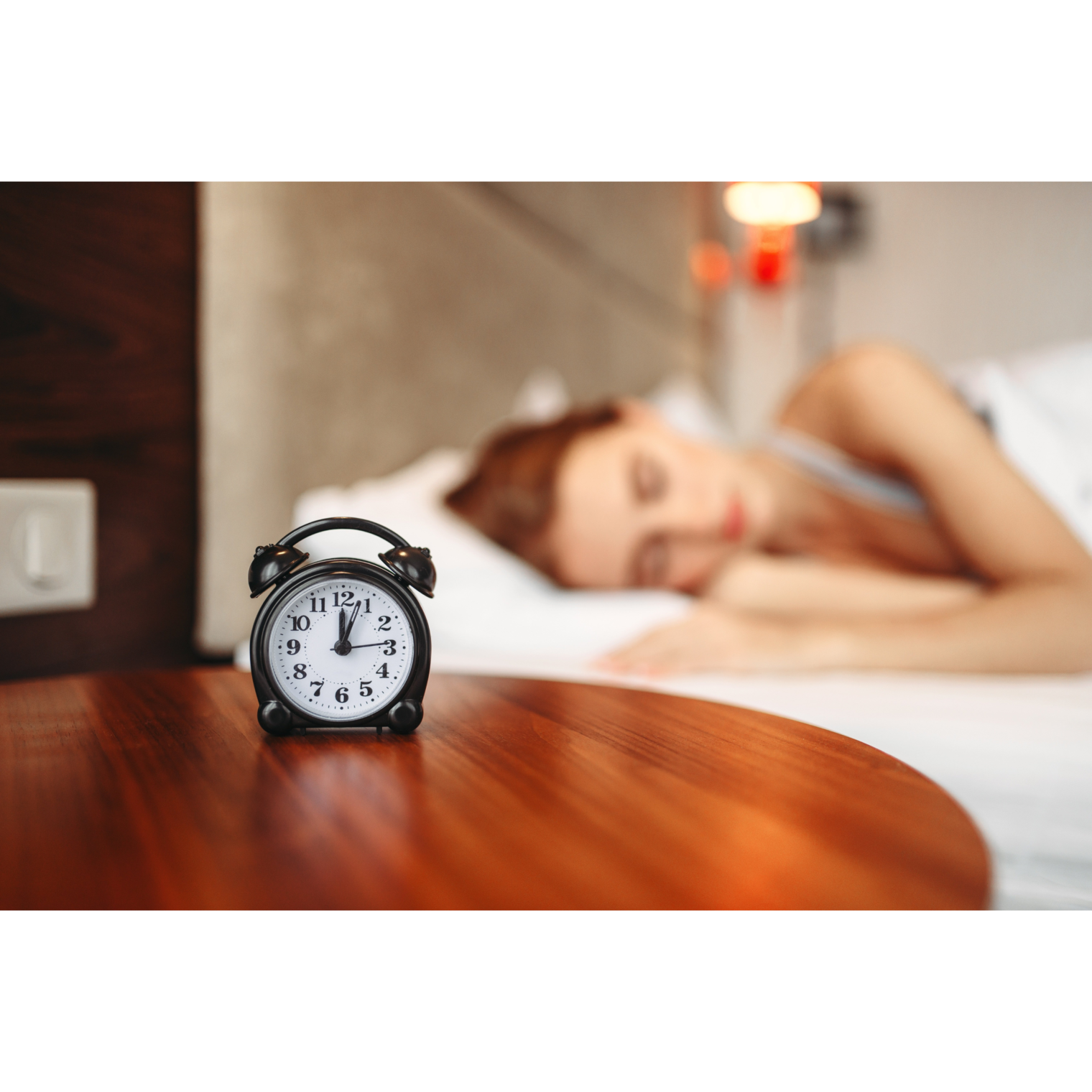Cracking the Code Between Beauty Sleep & Period Mojo
In the symphony of a woman’s body, the menstrual cycle and sleep patterns play a harmonious duet. Researchers are amazed to know how these two seemingly distinct processes are deeply intertwined and closely related.
Understanding the intricate relationship between sleep and periods can empower a woman to take charge of her health and well-being.
Let’s read how.
Menstrual Cycle and Sleep
The menstrual cycle is a natural physiological process that occurs in reproductive-age women. It involves a series of hormonal and physical changes that prepare the body for the possibility of pregnancy. The primary purpose of the menstrual cycle is to create a suitable environment for a potential pregnancy.
The menstrual cycle not only drives the reproductive processes but also influences mood, energy levels, and physical well-being.
Sleep, on the other hand, is also vital restorative process that is deeply influenced by an individual’s ‘circadian rhythm’. The circadian rhythm, also referred to as the body’s internal clock, is responsible for regulating sleep-wake cycles and various physiological functions. Disruptions to this rhythm can have undesirable effects on health and daily functioning.
How Sleep Affects Menstruation
Recent research has underscored the significant impact of sleep on the menstrual cycle.
- Sleep disturbances, such as insomnia or irregular sleep patterns, have been linked to disruptions in the hormonal balance necessary for a regular menstrual cycle.
- Inadequate sleep can lead to irregular periods, heavier flow, and heightened menstrual pain. This connection is thought to be mediated by the hormone melatonin, which is intricately tied to sleep-wake patterns and reproductive hormones.
- Chronic sleep deprivation can lead to increased stress levels and alterations in cortisol, a stress hormone.
These changes can further disrupt hormonal equilibrium, potentially leading to irregular menstruation. The vicious cycle of sleep disruption and menstrual irregularities highlights the need for prioritizing consistent and restorative sleep habits.
Menstrual Cycle's Impact on Sleep
Conversely, the menstrual cycle itself can influence sleep patterns.
- Many women report difficulties with sleep during specific phases of their menstrual cycle.
- The premenstrual phase, characterized by fluctuations in estrogen and progesterone levels, is notorious for sleep disturbances such as insomnia, fragmented sleep, and increased nighttime awakenings.
These sleep disruptions are thought to be linked to hormonal changes that affect body temperature regulation and neurotransmitter levels.
- The drop in progesterone just before menstruation can lead to increased body temperature, making it difficult for some women to fall asleep.
- Fluctuations in serotonin can contribute to mood swings and anxiety, further exacerbating sleep troubles.
Navigating the Connection
Understanding the intricate connection between sleep cycles and menstruation provides an opportunity for women to proactively manage their well-being. Here are some strategies to help maintain a harmonious balance between these two vital processes.
Here are some tips to have a healthy sleep and menstrual cycle.
- Prioritize Consistent Sleep Schedule: Establishing a regular sleep routine helps stabilize the circadian rhythm, promoting more restful sleep and contributing to hormonal balance.
- Create a Sleep-Conducive Environment: Make your sleep space comfortable, dark, and quiet. This can enhance the quality of your sleep, especially during phases of hormonal fluctuation.
- Mindful Stress Management: Practicing relaxation techniques, such as meditation, deep breathing, or yoga, can alleviate stress and support hormonal equilibrium.
- Balanced Diet and Hydration: A diet rich in nutrients supports overall health, including menstrual regularity and sleep quality. Staying hydrated also plays a crucial role in maintaining hormonal balance.
- Regular Physical Activity: Engaging in regular exercise can positively impact sleep quality and help regulate hormonal fluctuations. However, avoid intense workouts close to bedtime.
- Seek Professional Guidance: If sleep disturbances or menstrual irregularities persist, consulting a healthcare professional is essential. They can provide personalized guidance and address any underlying issues.
Navigating the Connection
As scientific understanding advances, the intricate interplay between sleep cycles and menstruation becomes clearer. Women are recognizing that their bodies operate in harmony, with each element influencing the other in profound ways.
By acknowledging and embracing this connection, individuals can make informed lifestyle choices that support both their menstrual health and sleep quality. Whether it’s maintaining a regular sleep schedule, managing stress, or seeking professional guidance, the path to optimal well-being lies in recognizing and nurturing the synchrony between these vital aspects of life.

Dr Sania Siddiqui
- Dr Sania Siddiqui#molongui-disabled-link
- Dr Sania Siddiqui#molongui-disabled-link
- Dr Sania Siddiqui#molongui-disabled-link
- Dr Sania Siddiqui#molongui-disabled-link


